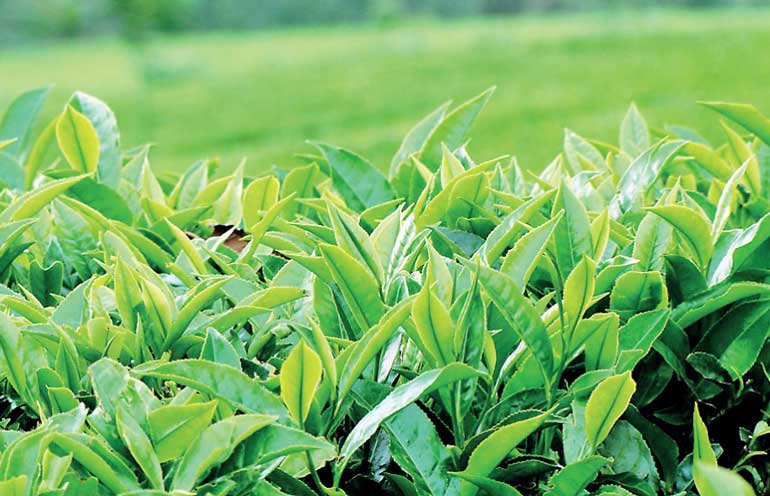Wednesday Mar 04, 2026
Wednesday Mar 04, 2026
Saturday, 30 December 2017 00:58 - - {{hitsCtrl.values.hits}}

DNA: After establishing a strong foothold in the tea industry of Sri Lanka over the past 25 years, the Tatas are exiting the business as part of the group’s ongoing strategy to review its global businesses and alliances under its new Chairman N. Chandrasekaran.
Tata Global Beverages has divested its full 31.85% stake in the three-way joint venture Estate Management Services Ltd. (EMSPL) to founding partner Sunshine Holdings Plc for Rs. 120 crore, the company told stock exchanges.
EMSPL is the holding company that managed Sri Lankan tea business consisting tea estates and brands. It manages one of the largest plantation properties of Sri Lanka and holds 53.75% shareholding in Colombo Stock Exchange-listed Watawala Plantations PLC and has a 100% shareholding in Watawala Tea Ceylon Ltd., a marketing company owning brands like Zesta, Watawala and Ran Kahata which together command over 30% market share of the branded tea market in Sri Lanka.
Sunshine Holdings would now be holding a 60% stake in EMSPL with the rest with the third partner Pyramid Wilmar Plantations Ltd., a joint venture of Asia’s leading agribusiness group Wilmar International, Watawala Plantations PLC has told Colombo Stock Exchange.
Year 2017 has been a year of divestments for Tata Global Beverages, which earlier exited its faltering overseas ventures in Russia and China to cut losses amid bleak revival scenario. In Russia, it sold off its popular coffee brand that it had acquired in 2012. It has also disposed of its 90% stake in Zheijiang Tata Tea Extraction Co to its joint venture partner Zheijiang Tea Group.
The process of review of its weak global businesses started during the tenure of Cyrus Mistry, and under the current chairmanship of Chandrasekaran, the strategy to exit the businesses is now being executed.
The sale of Sri Lankan business comes at a time when that country’s tea industry is witnessing falling crop and exports which started since the middle of 2015 due to continued adverse weather including drought condition of 2016.
Tea exports in January-November period dropped to 265 million kilograms, its lowest since the year 2000 and even lower than the poor shipment of 266 million kg last year when production was severely impacted by drought.